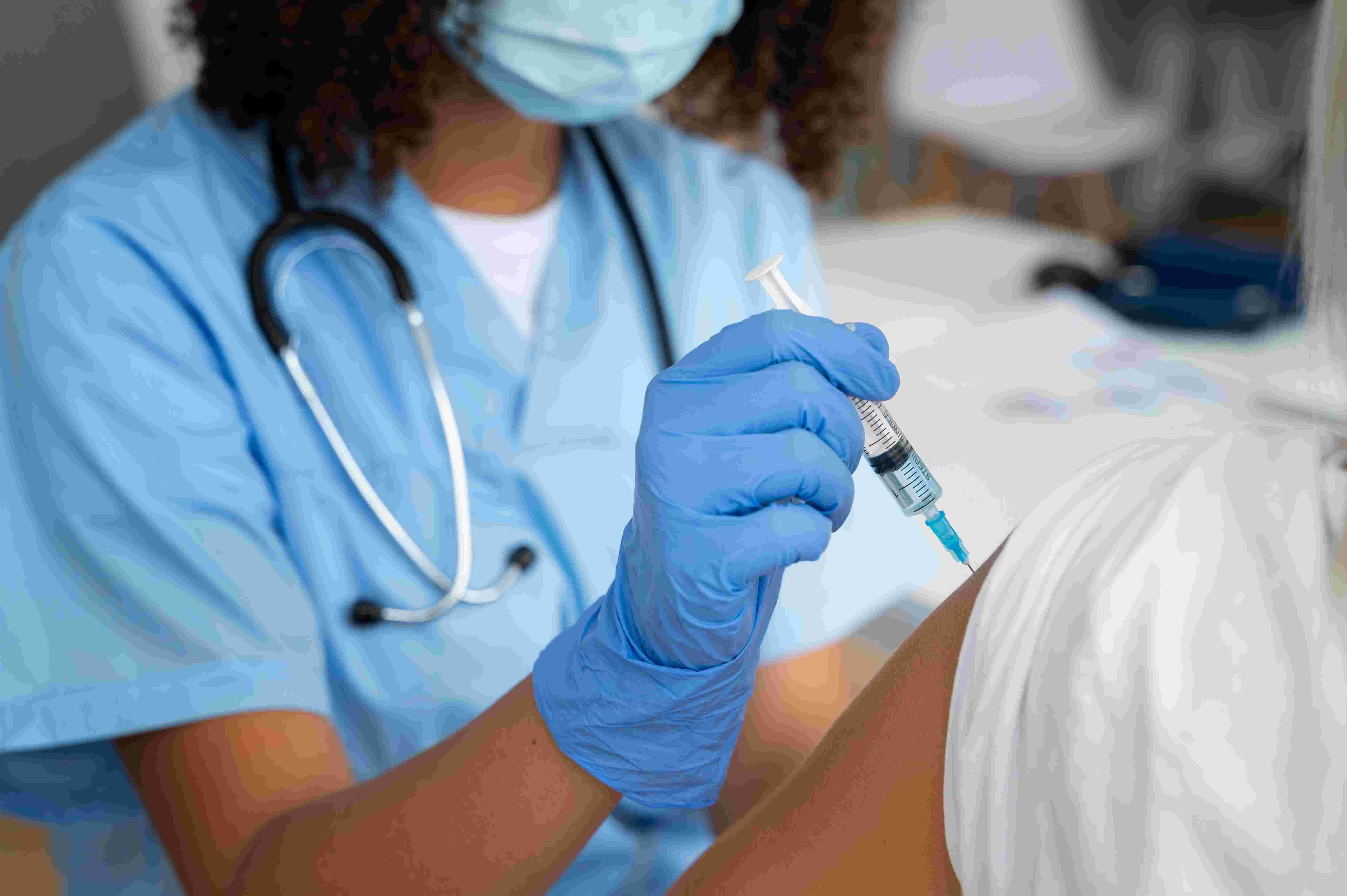
In recent years, researchers have made impressive progress toward developing vaccines that could prevent cancer by priming the immune system to target and eliminate precancerous cells before they have the chance to become malignant. These innovative vaccines are in the early stages of testing and could offer protection to people with high genetic risks for developing cancer. One of the promising areas of research includes trials for individuals with Lynch syndrome, a genetic condition that raises the lifetime risk of colorectal cancer to as much as 80%. The current trials are part of a broader initiative in cancer prevention, which has seen a rise in interest as scientists gain a better understanding of the immune system’s role in cancer suppression.
Traditionally, vaccines work by exposing the immune system to pathogens or fragments of viruses to prompt a defensive response. However, cancer prevention vaccines take a different approach. They are designed to teach the immune system to recognize and target mutated or abnormal cells, which are often the precursor to cancer. This proactive method focuses on mutations or changes in specific genes that are known to increase cancer risk. Unlike conventional cancer treatments, which typically target existing tumors, these vaccines aim to eliminate cancerous or precancerous cells at their earliest stages, potentially stopping cancer before it starts.
For example, scientists are testing vaccines that target genetic mutations like those in the BRCA gene, which are known to significantly increase the risk of breast and ovarian cancers. Sara Walker, a woman who inherited a BRCA mutation, represents one of the first individuals to participate in a trial for such a vaccine. Her family’s history of cancer is a painful one; her mother was diagnosed with cancer three times and passed away in 2019. Walker, a school psychologist, hopes that participating in this trial will not only protect her but may also pave the way for a future where her daughters are spared from the same fate. For Walker and others like her, these vaccines represent a shift in how we view cancer prevention, providing a proactive approach that could reduce the need for drastic surgeries and treatments.
The scientific approach to these vaccines varies. Some of the early studies are exploring the use of mutated gene fragments—such as those related to the KRAS gene, which is often linked to pancreatic and lung cancers. By introducing these fragments into the body, researchers hope to stimulate the immune system to recognize and destroy cells that express the same mutations. At the Abramson Cancer Center at the University of Pennsylvania, Dr. Robert Vonderheide and his team are investigating how a vaccine targeting KRAS mutations could potentially prevent multiple types of cancer in people at high genetic risk.
Another approach involves the use of mRNA and DNA technology to create what are essentially “blueprints” for cancer prevention. This technique involves giving the immune system a small snippet of genetic information to “train” it to recognize and attack cells that carry specific mutations. Much like the COVID-19 mRNA vaccines, which were developed rapidly in response to the pandemic, these new cancer vaccines utilize genetic material to instruct the body on how to fight off a particular threat. Researchers hope that this method will be both effective and safe, building on the success and public acceptance of mRNA technology in recent years.
Despite the promise shown in early trials, challenges remain. The complexity of cancer biology means that not all cancers will be amenable to vaccine-based prevention. Unlike viruses, which are relatively simple and straightforward in their structure, cancer is a collection of diverse diseases that vary greatly in their behavior, mutation patterns, and response to treatments. Each type of cancer might require a unique vaccine, making the development of a universal cancer vaccine a daunting task. Furthermore, while these early studies have shown that vaccines can produce an immune response without serious side effects, it remains to be seen whether they can offer long-term protection against cancer.
Experts in the field are cautiously optimistic. Dr. Ajay Bansal, a gastroenterologist at the University of Kansas Cancer Center, sees cancer prevention vaccines as “the future of cancer prevention.” Dr. Nora Disis from the University of Washington’s Cancer Vaccine Institute echoes this sentiment, suggesting that advancements in immunology and genetic technology have brought us to a pivotal moment in cancer research. For researchers, the goal is clear: create vaccines that can not only prevent the recurrence of cancer but stop it from developing in the first place. If successful, these vaccines could reduce the physical and emotional toll that cancer takes on patients and their families.
For patients like Sara Walker, the potential impact of a successful cancer vaccine is immense. Currently, many individuals with high genetic risk undergo preventive surgeries or lifelong screenings to manage their cancer risk. Walker, for instance, had her ovaries removed, a procedure that can be life-altering but is often necessary for those with BRCA mutations. Cancer prevention vaccines could one day offer a safer, less invasive option, providing peace of mind and a greater quality of life.
In sum, while it is still early days for cancer prevention vaccines, the progress made thus far is promising. With the support of recent technological advancements, particularly in genetic research and immunology, the vision of a future where cancer is prevented before it begins is within reach. These vaccines represent a hopeful step forward, offering new possibilities in the fight against a disease that has long plagued humanity. As research continues, the next few years could bring a wave of preventative treatments that not only save lives but fundamentally alter our approach to cancer.







Post comments